I've been shooting with the D7000 for five days now, and the image quality is VERY good. The Nikon D7000 has beautiful color rendition, and the new 16 megapixel sensor really delivers when it comes to detail.
Still, until one sees a side by side comparison, you can't really compare. So, I got out my Nikon D700, got out my Nikon D7000, stuck my Nikon 50mm f1.8D on the D700, stuck my Nikon 50mm f1.4G on the D7000, and prepared for a shoot-out!
I put together two different composite images from various stuff lying around the house and my office, and I also shot my Nikon 18-105mm by itself to add a very dark subject into the mix.
Both cameras had High ISO NR set to NORM, and both cameras were shot at identical shutter speed and aperture settings, with the exception of the photos of the Nikon 18-105mm which were metered identically in each camera and shot as such.
All images were processed in Lightroom 3.3 RC with no adjustments made and no additional noise reduction applied.
The results are very impressive. The Nikon D7000 performs VERY well against the Nikon D700. The D700 wins, but not by as much as you might think considering the D7000 is a crop sensor with 4 more megapixels.
The Nikon D700 resolves more detail the higher the ISO goes. It's at least a stop better than the D7000, probably getting close to two stops better at ISO 25,600.
Something interesting I noted... the D7000 seems to be automatically adjusting exposure at the higher ISO settings, despite being shot in manual. The D7000 images were all brighter than the D700 images at the same shutter speed and aperture, and it seemed to be more pronounced at the highest ISO settings. I imagine this is an automatic thing to try to minimize noise by keeping the photo from being under-exposed.
The Nikon D7000 also appears to be applying more aggresive noise reduction at the higher ISO settings compared to the D700. Specifically look at the detail in the tiger's nose fur at the higher ISO settings. You can see the D700 is doing better than the D7000. Again, I imagine this is Nikon's approach to maximizing image quality and minimizing noise.
Over-all, the Nikon D7000 fairs very well against the Nikon D700, especially up to ISO 6,400. At ISO 12,800 and 25,600, the D700 does noticably better than the D7000 at resolving detail with less noise. Again though, this speaks volumes to how well the D7000 sensor does when you consider it's a DX sensor with 4 more megapixels than the full fram D700 sensor.
For me, this means that the two are a perfect shooting combination. I'll likely use my D7000 where I want more resolution up to ISO 1600 or 3200, and my D700 when I'm in dimmer lighting and want to go SUPER high ISO at 12,800 or 25,600.
That said, if I didn't already own a D700, I'd have a tough time deciding whether to buy two Nikon D7000 bodies, or to go with a D700 / D7000 combination. I suspect I might just end up with two D7000's.
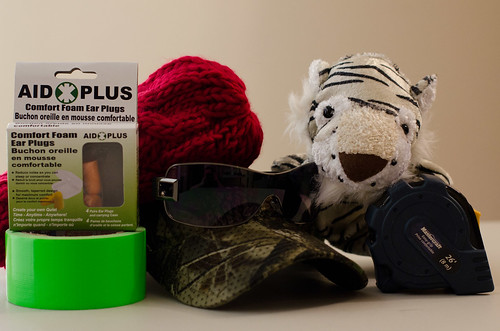
NIKON D7000 ISO 1600 1/100 f4
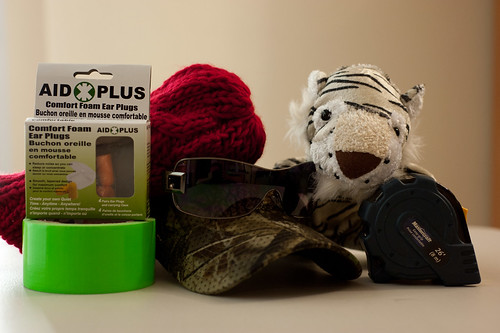
NIKON D700 ISO 1600 1/100 f4
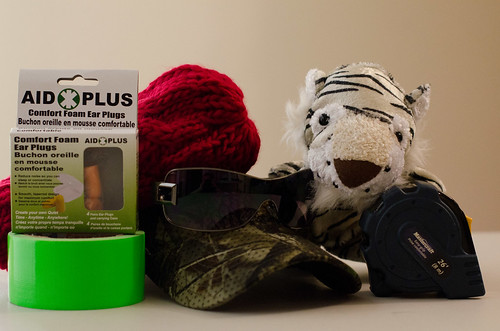
NIKON D7000 ISO 3200 1/200 f4
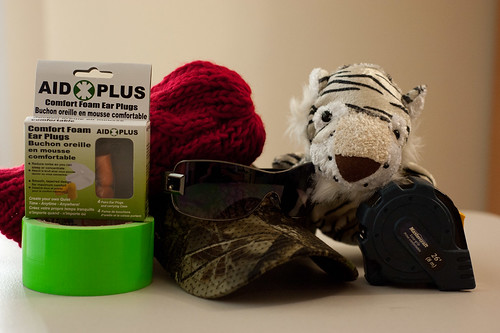
NIKON D700 ISO 3200 1/200 f4

NIKON D7000 ISO 6400 1/400 f4
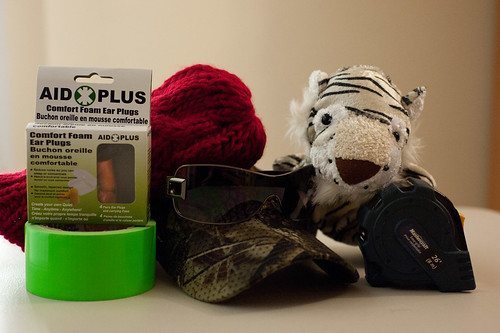
NIKON D700 ISO 6400 1/400 f4
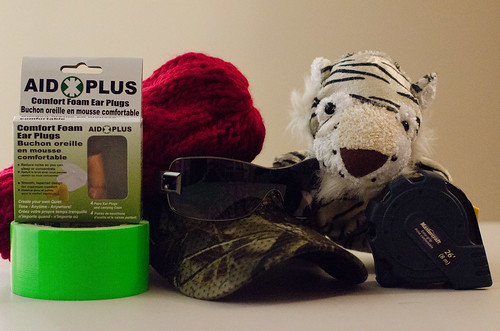
NIKON D7000 ISO 12,800 1/800 f4
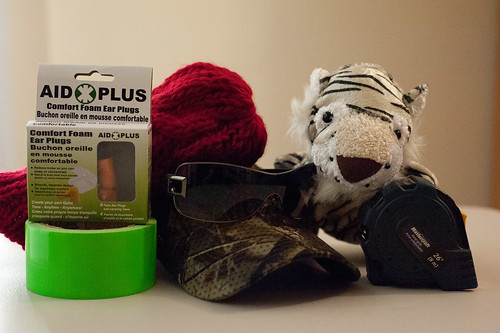
NIKON D700 ISO 12,800 1/800 f4
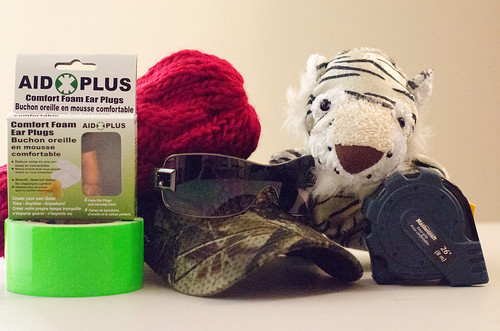
NIKON D7000 ISO 25,600 1/1600 f4
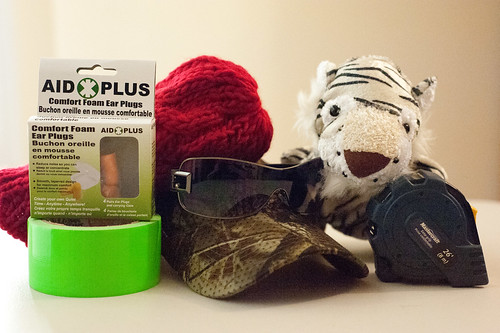
NIKON D700 ISO 25,600 1/1600 f4
The rest of the test shots are on the Nikon D7000 vs Nikon D700 High ISO Shoot-Out Flickr page. Feel free to download them and compare side by side!
Related posts...
Nikon D7000 One Month Review
Nikon D7000 vs Nikon D700 High ISO Shoot-Out
Nikon D7000 First Impressions After a Few Hours of Shooting
Nikon D7000 Unboxed Video
Nikon D7000 - The New Crop Sensor DSLR King!
Is the Nikon D7000 replacing the Nikon D300s / D400?
Nikon D7000 Spec Rundown
8 comments:
Does the D7000 have those green dots to help when focusing with manual lenses?
Wow! well done. Thank you for this great comparison! Personally, I thing that both of them are really close in therm of noise quality! But the D700's colours seem truer and more deep. But, nevermind I am definitively looking forward to get my new D7000 in few days now!
Thank you.
Thank you very much for taking the time to do this test.
very cool.
i will be upgrading to the d7000 this year. i have been using d90's.
nikonsniper steve
Enjoyed your comparison very much!
Camera manufacturers "lie" about the ISO setting. So two cameras set to the same ISO may not give the same exposure. It's of course to make the high ISO look better. That's probably what you are seeing.
If you haven't checked out dxomark.com please do as you can see how different cameras ISO are to the true ISO. The D7000 is too new though so it haven't been measured but the D700 have of course.
Best,
Pete
@renatabrittes - Yes, the D7000 has the manual focusing aids.
The D700 is a completely different camera. You notice this the moment you hold it in your hands. Much sturdier and more stable in your hands. When you squeeze the grip of the D7000 it squeaks and bends. Yes, optically the D7000 is nice (though not as good as the D700 at high iso) but if you're looking for a more reliable professional camera, go for a good second hand D700, really.
This is very simple, if you are a Nikon shooter looking for a new camera then stop reading and buy this camera. It's that good.
Post a Comment